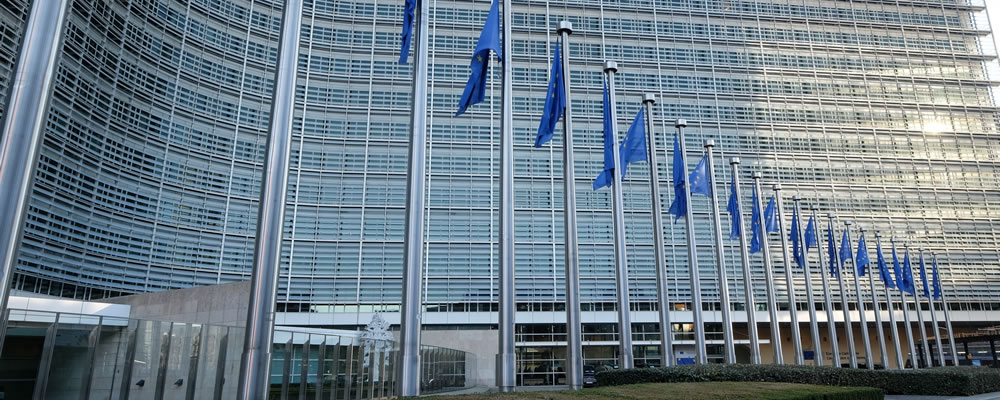Euro Australian Dollar Exchange Rate Muted in Response to RBA Interest Rate Decision
The Euro Australian Dollar (EUR/AUD) exchange rate is rangebound during today’s session after the Reserve Bank of Australia (RBA) revealed that its interest rate will remain unchanged at 0.1%.
At the time of writing, the EUR/USD exchange rate is trading at around AU$1.5858, trading with minimal market movement from today’s opening levels.
Australian Dollar (AUD) Subdued Following RBA Interest Rate Announcement
The Australian Dollar (AUD) is holding steady against the Euro (EUR) after the Reserve Bank of Australia (RBA) published its decision to maintain the current 0.1% interest rate.
This became the 14th consecutive month of the record low rate. Many AUD investors had already priced in this decision however, thus did not overly affect the ‘Aussie’s potential.
On the other hand, RBA did announce the ending of AU$275 billion bond-buying programmes, with the final purchases expected to take place on 10th February.
RBA has expressed that this decision should not be taken as a rates hike signal in the future though, which has limited AUD’s appeal.
RBA Governor Philip Lowe said:
‘As the board has stated previously, it will not increase the cash rate until actual inflation is within the 2 to 3% target range. While inflation has picked up, it is too early to conclude that it is sustainably within the target band.’
Euro (EUR) Mixed as Investors Await ECB’s Interest Rate Decision
The Euro (EUR) is trending flat against the Australian Dollar (AUD) as investors wait for the European Central Bank (ECB)’s interest rate decision, with rates expected to remain unchanged at 0%.
The single currency also wavered slightly following the release of a variety of Eurozone and German data.
Germany’s retail sales for December undershot expectations this morning, printing at -5.5% which is the lowest performance in 8 months. This is likely to be capping the Euro’s potential.
On the other hand, both Eurozone and German jobs data showed an increase in the number of individuals now in employment. Eurozone’s unemployment rate presented the biggest fall in 5 months whilst Germany’s unemployment change for January revealed the lowest record since the pandemic began.
Furthermore, the Eurozone’s manufacturing PMI showed strength in the factory sector, albeit slightly below expectations.
Chris Williamson, Chief Business Economist at HIS Markit said:
‘Eurozone manufacturers appear to be weathering the Omicron storm better than prior COVID-19 waves so far, with firms reporting the largest production and order book improvements for four months in January.
‘Prospects have also brightened, with a further easing in the number of supply chain delays playing a key role in prompting producers to revise up their expectations for growth in the coming year to the highest since last June.’
EUR/AUD Forecast: ECB Interest Rate Decision Takes Spotlight
Looking ahead, the upcoming European Central Bank (ECB)’s interest rate decision is likely to be a key catalyst of movement in the Euro Australian Dollar (EUR/AUD) exchange rate.
Additionally, the Eurozone’s flash inflation rate for January is expected to decline to 4.4% from the previous 5%.
If this runs true, it will offer support to the Eurozone’s economy, however may also trigger dovish forward guidance from ECB which has the potential to weaken EUR.
On the other hand, AUD may be bolstered by Australia’s balance of trade for December which is forecast to increase from AU$9.423 billion to AU$13 billion.
